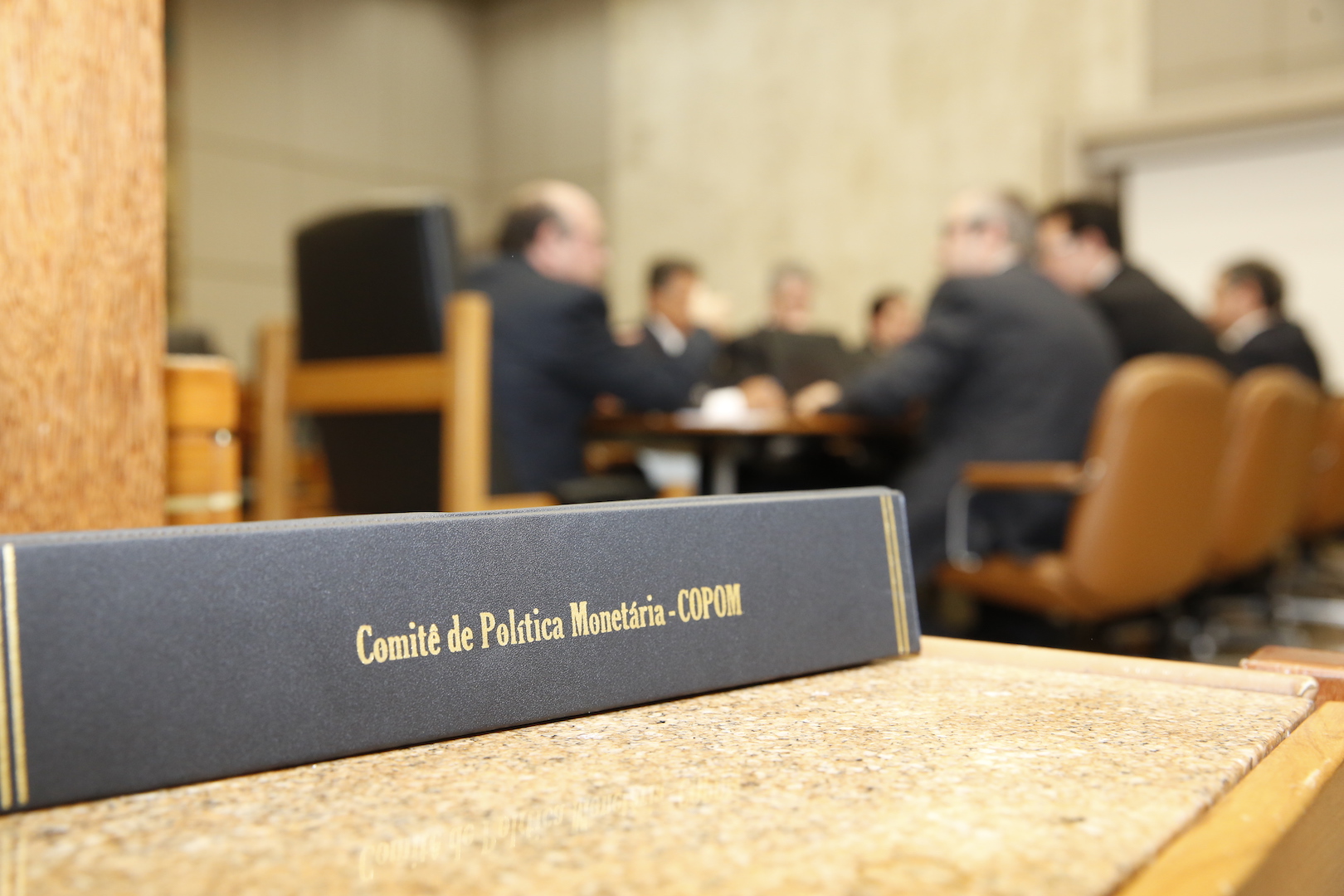RIO DE JANEIRO, BRAZIL – The Central Bank of Brazil (BCB) will raise Wednesday (4) its benchmark SELIC rate by one percentage point, to 5.25%, after three successive hikes of 0.75 points that proved insufficient to control inflation, according to most analysts’ forecasts.
The BCB’s Monetary Policy Committee (COPOM) had already foreseen in June, during its last meeting, the possibility of making “another adjustment of the same magnitude” in August.
In March, the Copom initiated the cycle of SELIC rate hikes, which was maintained for seven months at its historic low of 2% to temper the impact of the coronavirus pandemic on investment and consumption.

Then it tried to moderate the adjustment, with the expectation that the inflationary rebound would be reabsorbed in the second half of the year. But everything indicates that this will not happen spontaneously.
Twelve-month cumulative inflation jumped from 2.13% in June 2020 to almost four times higher, 8.35%, in June this year and could reach 9% in July.
Prices will increase by 6.79% in 2021, well above the 5.25% tolerance ceiling of the official target, according to the projection of the Cintral Bank’s Focus survey of market expectations, which has been rising for 17 weeks.
The inflation forecast for 2022 is also rising and currently stands at 3.81%, above the center of next year’s target of 3.5%.
At the beginning of the year, the market expected the Selic to rise to 3% at most until December, but now estimates that it will reach 7%.
Economics professor Mauro Rochlin, from the Getúlio Vargas Foundation (FGV), does not rule out that COPOM will raise the rate by 1.25 points on Wednesday, to 5.5%, and a SELIC at 7.5% in December. “Inflation accelerated, but the Central Bank maintains the same strategy. It is time for it to be bolder,” he says.
INFLATION SPREAD OUT
Rochlin notes that the rise in prices was initially due to specific factors, such as the strong internal and external demand for food, the increase in fuels, or the real devaluation against the dollar. But now it is a “more disseminated” inflation, with price increases in the services sector accentuated “as vaccination progresses and the population is immunized.”
Investors also view 2022, an election year with trepidation. President Jair Bolsonaro, who is seeking re-election, is preparing a major social program, and “the market is very concerned about where he is going to find room to finance it,” says Rochlin.
Other economists warn that high rates may stifle economic recovery.
According to the Focus survey, Brazilian GDP will grow 5.30% this year, following a 4.1% contraction in 2020. But FGV’s Brazilian Institute of Economics (Ibre) believes that excessive monetary tightening “will worsen credit conditions for families and companies.”
On the other hand, Rochlin says that high inflation may be one of the biggest obstacles to maintaining the economy’s momentum.

